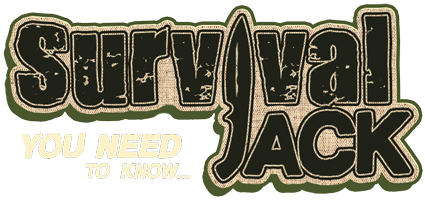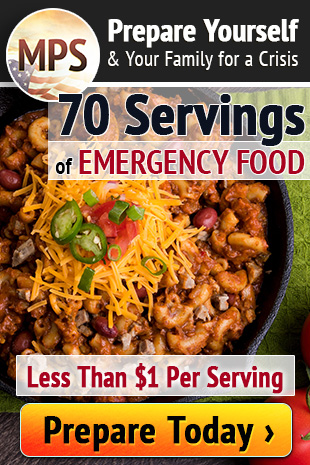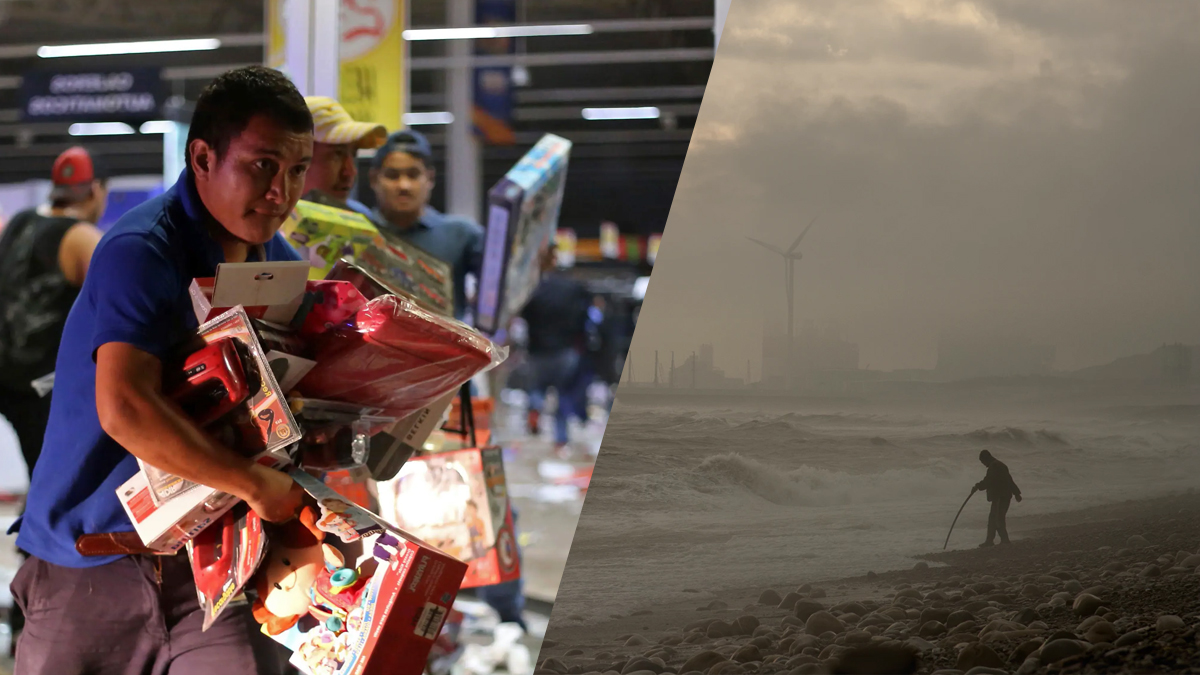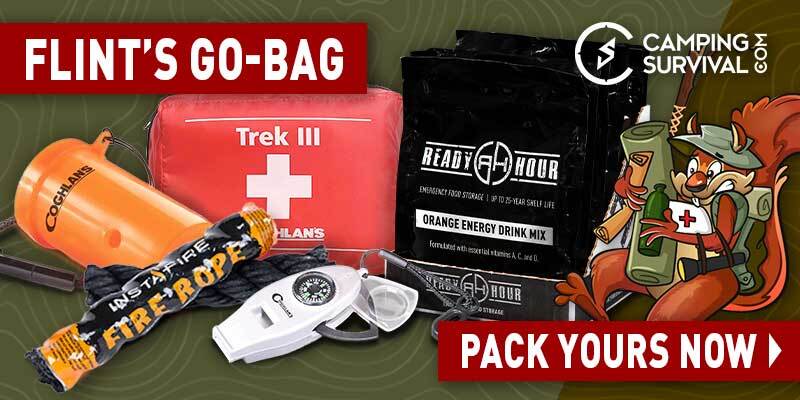on
It is a recurring theme in post-apocalyptic stories. The hero, in a moment of need, happens to stumble across a ravaged but still intact department store. Through diligent searching, he’s able to find food, clothing, and supplies. Thus re-equipped, he ventures forth to do battle with the ne’er do wells.
But, does this mean our hero has fallen from the path of the straight and true? Isn’t this looting?
Definition of looting
After the riots in 2020 we all probably know what looting looks like. It is defined as: “The act of stealing, or the taking of goods by force, that are clearly owned by another. Often associated with rioting.”
Definition of scavenging
On the other hand, scavenging is defined as “The act of taking or gathering (something usable) from discarded material or clearly abandoned property.“
What, Why & Who
If you aren’t sure if you are looting or scavenging try answering these questions:
- What are you taking? For example, if you break into some place – home or store, and take off with a flat-screen TV, you are looting. The TV will do nothing to help you survive, and it is clearly owned by someone that is not you. If on the other hand, you are traveling and come across a clearly abandoned farm, and pick some fruit you are scavenging. Clothing could on some very small-scale be construed as needed for survival in the right circumstances, but not if you already have a house full of clothing.
- Why are you taking it? Are you unable to provide the basics of living any other way due to natural disaster, or a SHTF scenario? Are you taking only what you need, with a willingness to pay for it if an owner appears? Then you are scavenging. If you taking something to enrich yourself that has nothing to do with survival then you are looting.
- Who are you taking it from? If you are taking almost anything from an electronics store, jewelry, liquor, or clothing, you are looting. This is what we routinely see on the news and these aren’t people who are scratching to survive, they are just stealing because there are no police around or for whatever reason, the police aren’t doing anything to stop them.
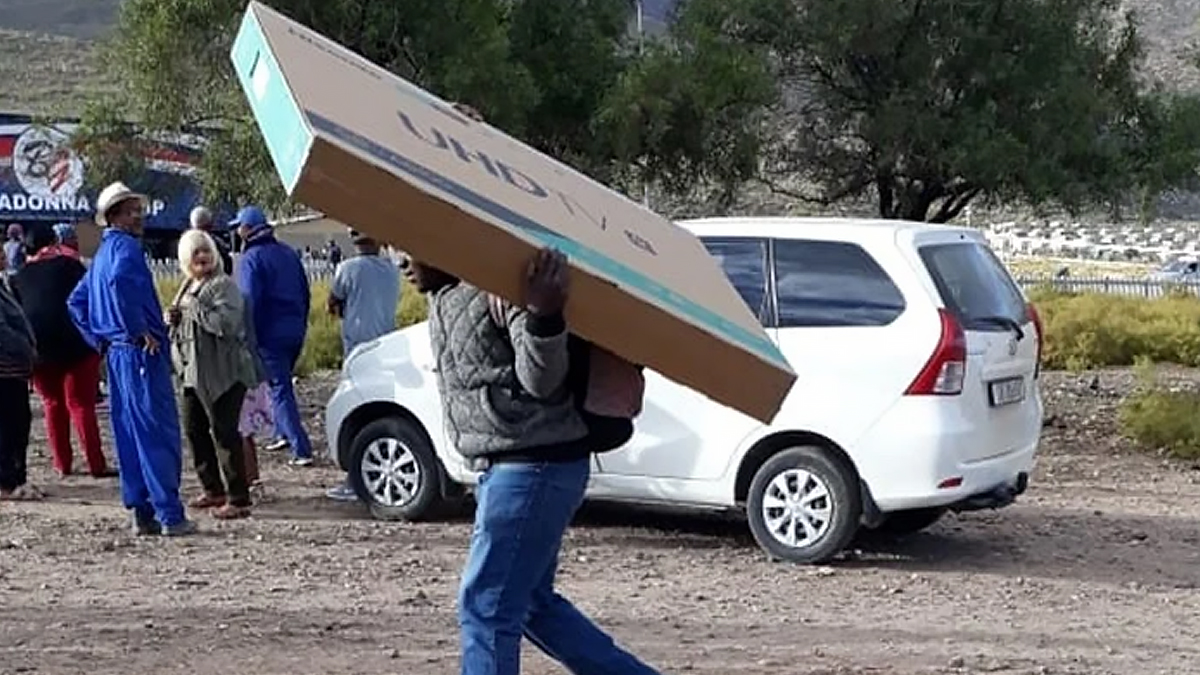
When to scavenge in a SHTF scenario
Imagining a total collapse of society where the supply lines and means of support we have relied on for years are completely ripped out. This is not a regional storm, certainly not a sports game riot.
In the total collapse scenario, I can see where scavenging might be required if you expect to live. If we had a zombie apocalypse (I know there is no such thing as zombies…yet), nuclear war, global pandemic, or a massively disruptive event that wiped out a lot of people in a relatively short period of time you could find yourself scavenging for items you need to stay alive.
Scavenging for food seems very logical under extreme conditions. What if you are wearing boots that are worn or even worse, footwear that isn’t appropriate to walking every day? Would you go looking for new shoes? Would you look for a good pack to carry everything, assuming you didn’t already have a good bug-out bag? Scavenging is at its most basic searching for items to keep you alive or that could help you survive.
Where to scavenge in a SHTF scenario?
Questions should be considered when planning what you are scavenging for, such as:
- ’What do we need?’
- ‘Why do we need it?’
- ‘Where can we find it?’
- ‘How are we going to store or carry it?’
These questions should include survival needs such as food, water, equipment, communication, and logistics.
In the case of a nuclear or EMP attack, where a country’s ability to supply its population with products (including food) can be destabilized, scavengers should consider the journey those products take from origin to disposal.
Most of our products follow similar journeys. If we think about this journey, we can get a good idea of where to look when the supermarket runs out of food, the pharmacy runs out of medical supplies, and more.
If we think of the journey our food needs to take to go from farmer or production line and waste bin, we will find quite a number of places that scavengers should target. So where are these places? Some prime scavenger resource spots would be:
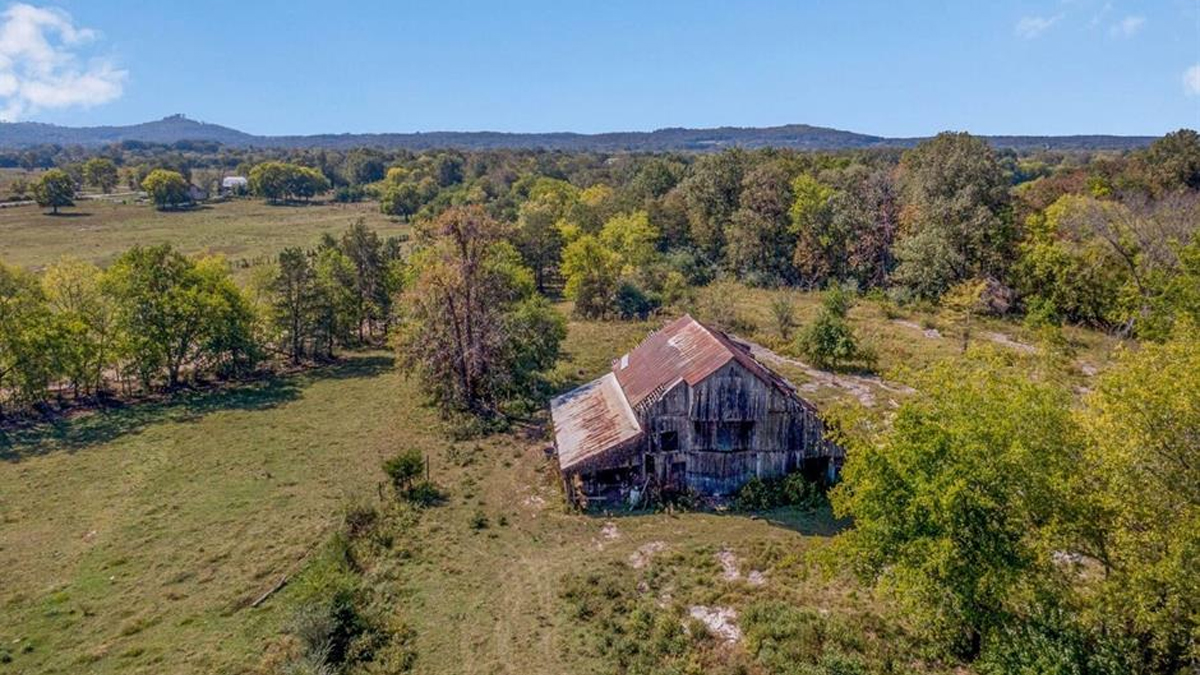
- Abandoned Farms
- Supply lines (trucks, ships, train, and autos)
- Distribution centers (warehouses)
- Marketplaces
- Abandoned stores
- Processing factories
- Abandoned Homes
- Rubbish gathering areas
- Abandoned Cars.
Avoid high population centers, and any place not abandoned. Try to target areas that wouldn’t attract others. Tractor-trailers could be a good resource. Carry bolt cutters and a box knife. Open the trailer door and do a quick scan of the items. Use the knife to check in boxes to see if the items would be of survival value, if not move on to the next trailer.
Consider office buildings that have their own cafeteria. Schools, colleges, and hotels often have food storage for their cafeteria or breakfast service. They are not likely to be high-value targets to the unknowing.
Be prepared
Finally, being prepared means that scavenging should be a last resort, as it is often associated with dangers from others competing for the same items. However, if you have a prepared homestead and are already practicing self-sufficiency like growing a garden and raising livestock then the need to expose yourself or others in your group to the dangers that could come with scavenging can be mostly, if not entirely avoided.
Get access to premium content and more!

